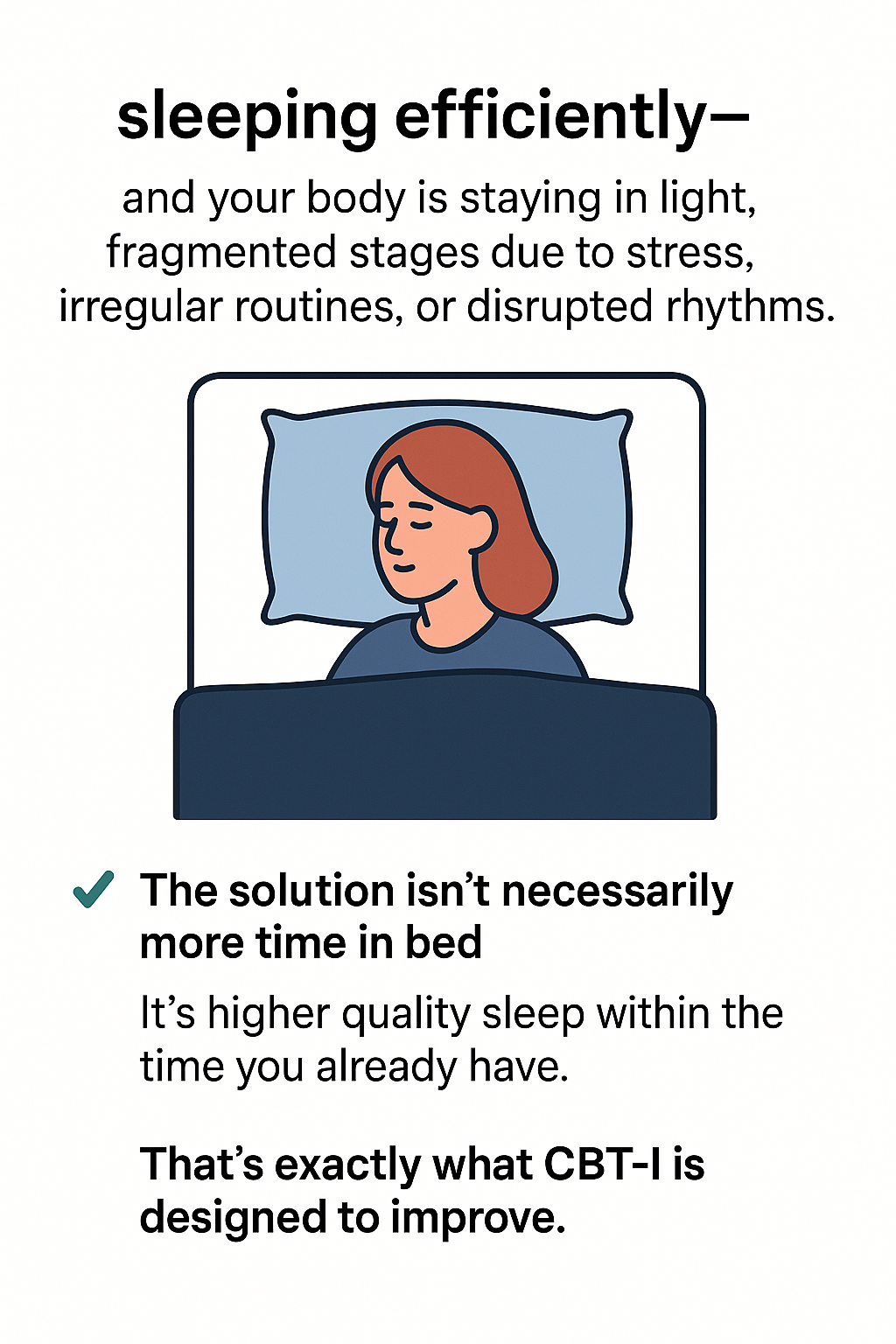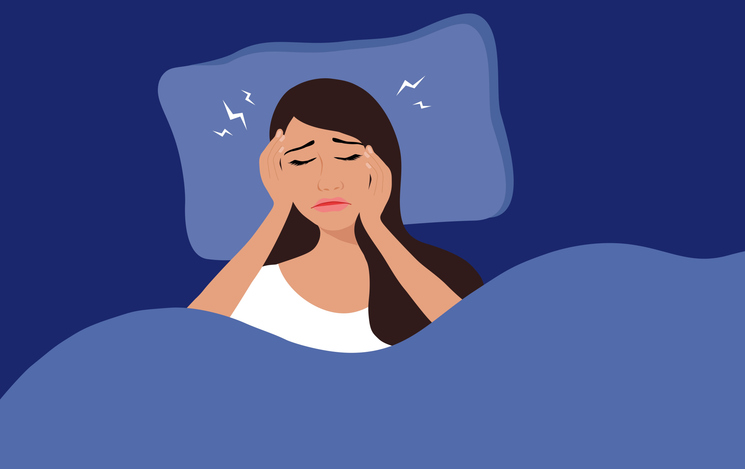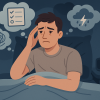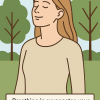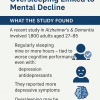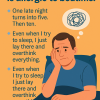How much deep sleep do you need
Great question—and one that a lot of people dealing with chronic insomnia or sleep deprivation are quietly asking:
“If I’m getting 6 hours of sleep, why am I still exhausted—and how do I get more deep sleep?”
Let’s break it down:
First: What Is Deep Sleep (and Why Does It Matter)?
Deep sleep, also known as slow-wave sleep (SWS) or stage N3, is the most restorative stage of non-REM sleep. It’s when your brain waves slow down, your body repairs itself, your immune system activates, and you wake up feeling recharged.
Most adults get:
1–2 hours of deep sleep per night (about 15–25% of total sleep)
But many sleep-deprived people only get 20–30 minutes—or sometimes even less
This isn’t just about quantity of sleep—it’s about quality and rhythm. Check out the sleep calculator.
Why You’re Not Getting Enough Deep Sleep (Even If You Sleep 6 Hours)
- Your sleep is fragmented
- Even short awakenings (that you may not remember) disrupt sleep cycles
- Your body keeps restarting the process and never reaches deep sleep
- You fall asleep too late or wake too early
- Deep sleep is front-loaded in the night—most of it happens in the first half
- If your sleep schedule is erratic or cut short, you miss your best deep sleep window
- Your nervous system is on high alert
- Stress, anxiety, racing thoughts? Your body may fall asleep, but your brain stays vigilant
- This can block transitions into deeper sleep stages
- You're overstimulated before bed
- Caffeine, screens, bright lights, heavy mental activity… all can push your system toward light, disrupted sleep
- You haven’t built enough sleep pressure
- Low physical activity, long naps, late-night caffeine, or inconsistent wake times reduce the body’s need for deep sleep
You don’t need more sleep—you need deeper sleep. And your brain still remembers how.
Get Help
✅ How to Get More Deep Sleep—Even With Limited Time
If you're currently sleeping 5–6 hours a night, here's how to maximize the deep sleep your brain gets:
1. Anchor Your Wake Time
⏰ Wake up at the same time every day (yes, even weekends).
This strengthens your circadian rhythm and front-loads deep sleep the next night.
2. Build More Sleep Drive During the Day
- Get 20–30 minutes of natural light exposure in the morning
- Increase daily movement (even a 20-minute walk counts)
- Avoid long naps or “crash napping” after 4 p.m.
3. Wind Down Your Brain Before Bed
- Try a body scan, progressive muscle relaxation, or diaphragmatic breathing
- Avoid screens 60 minutes before bed—or use blue light filters
- Do a “worry dump” journal entry at least 1 hour before bedtime
4. Cut Off Caffeine by Early Afternoon
Even if it doesn’t feel like it keeps you awake, caffeine can reduce your deep sleep by up to 20–30%.
5. Create a Sleep Schedule That You Can Stick To
Go to bed when you're sleepy—not just when the clock says to
But commit to a consistent window that gives your brain enough opportunity to enter deep sleep. This is hard to do on your own. We can help you.
💡 Tip: The more consistent your rhythm, the deeper your sleep.
💤 Bottom Line
If you’re only getting 20–30 minutes of deep sleep during 6 hours in bed, you’re likely not sleeping efficiently—and your body is staying in light, fragmented stages due to stress, irregular routines, or disrupted rhythms.
✅ The solution isn’t necessarily more time in bed
It’s higher quality sleep within the time you already have.
That’s exactly what CBT-I is designed to improve.

